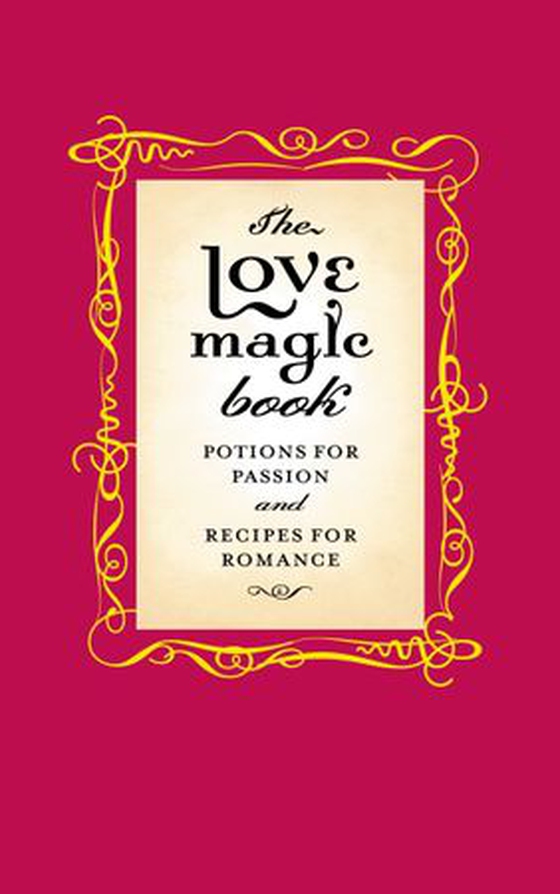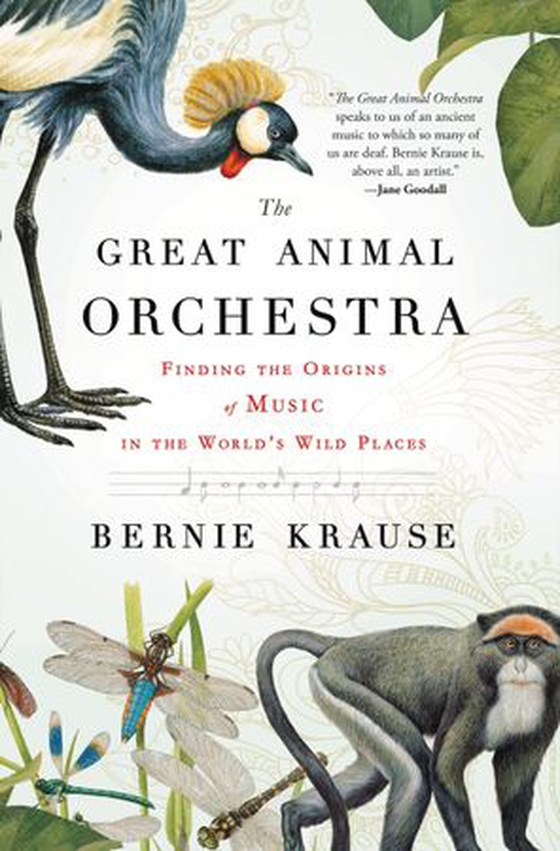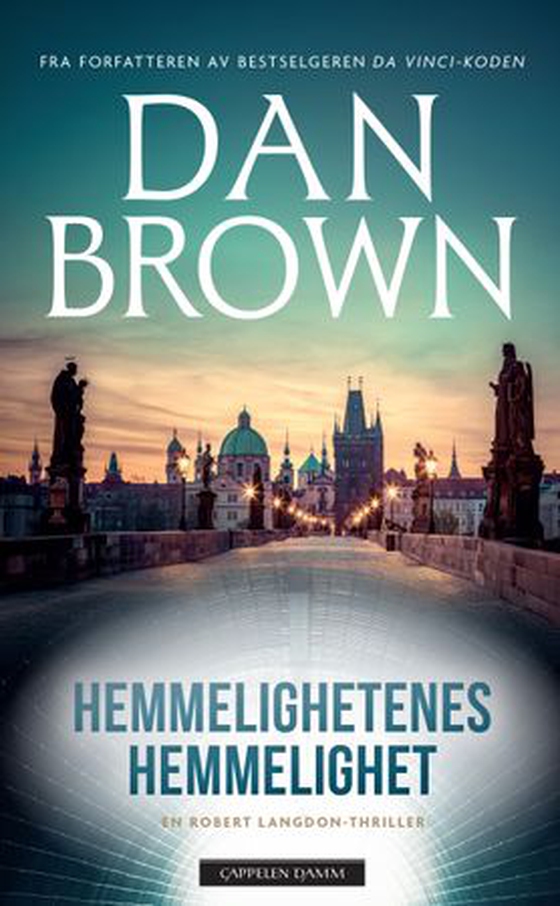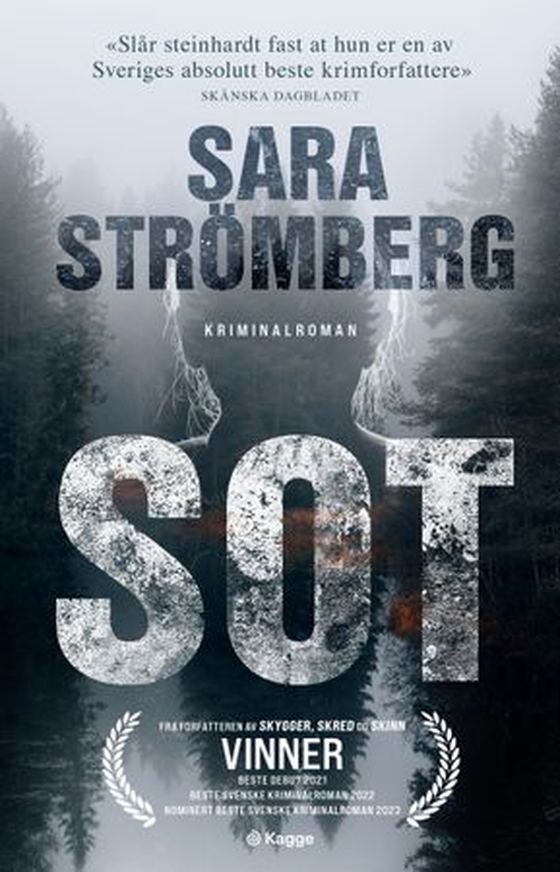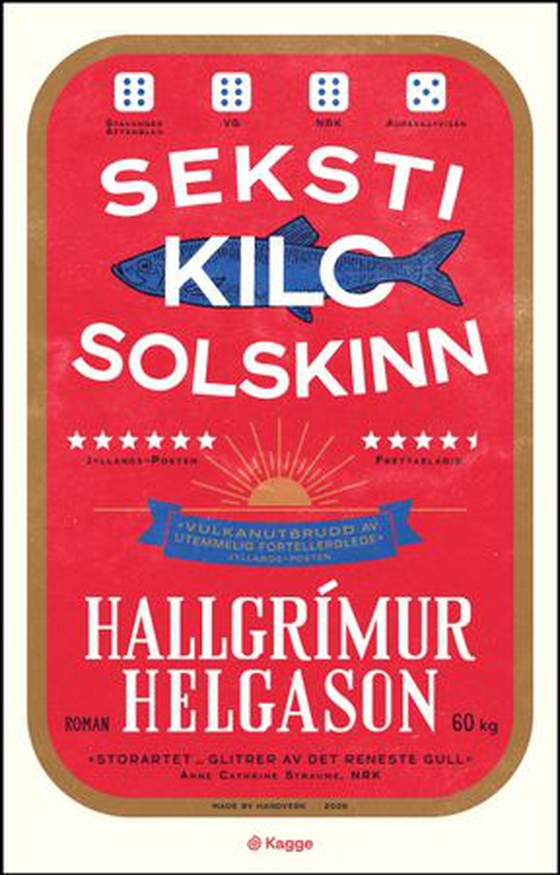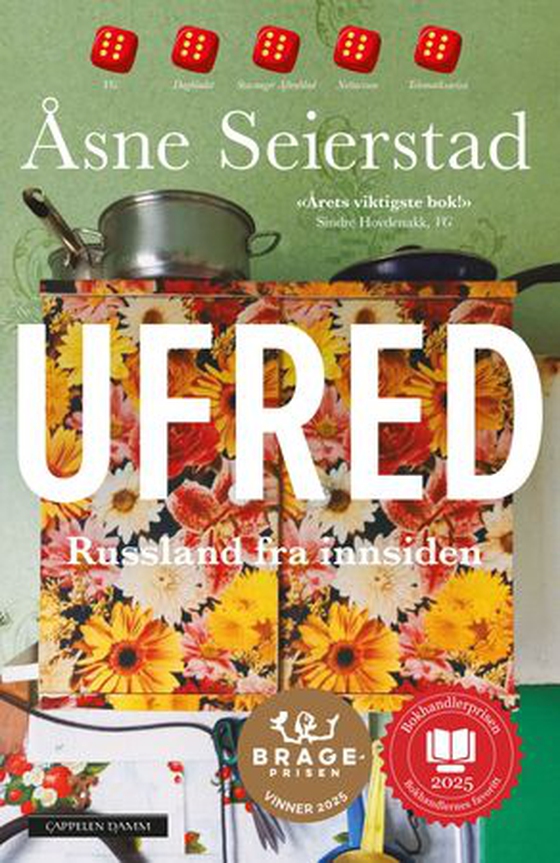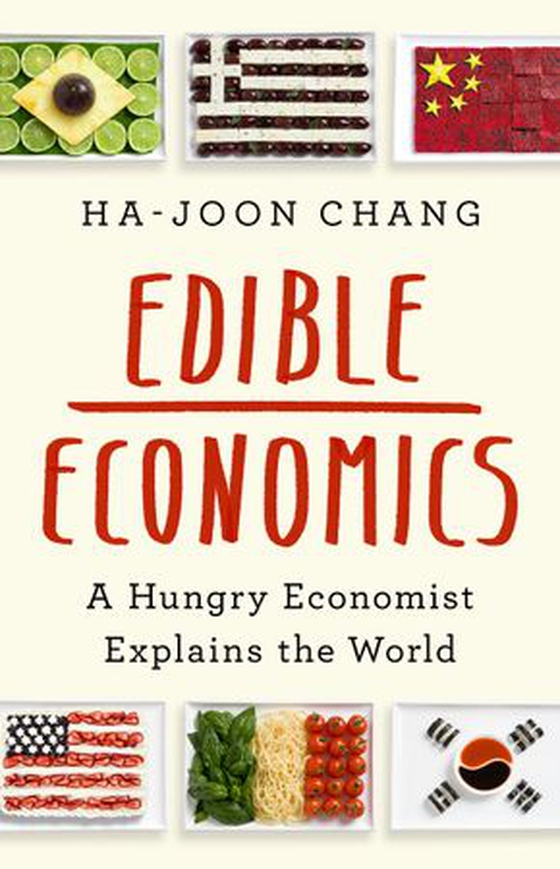
Edible Economics ebok
159,-
Edible Economics brings the sort of creative fusion that spices up a great kitchen to the often too-disciplined subject of economicsFor decades, a single, free-market philosophy has dominated global economics. But this intellectual monoculture is bland and unhealthy.Bestselling author and economist Ha-Joon Chang makes challenging economic ideas delicious by plating them alongside stories about fo…
Edible Economics brings the sort of creative fusion that spices up a great kitchen to the often too-disciplined subject of economicsFor decades, a single, free-market philosophy has dominated global economics. But this intellectual monoculture is bland and unhealthy.Bestselling author and economist Ha-Joon Chang makes challenging economic ideas delicious by plating them alongside stories about food from around the world, using the diverse histories behind familiar food items to explore economic theory. For Chang, chocolate is a lifelong addiction, but more exciting are the insights it offers into postindustrial knowledge economies; and while okra makes Southern gumbo heart-meltingly smooth, it also speaks of capitalism’s entangled relationship with freedom. Myth-busting, witty, and thought-provoking, Edible Economics serves up a feast of bold ideas about globalization, climate change, immigration, austerity, automation, and why carrots need not be orange. It shows that getting to grips with the economy is like learning a recipe: when we understand it, we can adapt and improve it—and better understand our world.
Undertittel
A Hungry Economist Explains the World
Forlag
PublicAffairs
Utgitt
23.03.2024
Sjanger
Språk
English
Format
epub
DRM-beskyttelse
LCP
ISBN
9781541700567
Edible Economics brings the sort of creative fusion that spices up a great kitchen to the often too-disciplined subject of economics
For decades, a single, free-market philosophy has dominated global economics. But this intellectual monoculture is bland and unhealthy.
Bestselling author and economist Ha-Joon Chang makes challenging economic ideas delicious by plating them alongside stories about food from around the world, using the diverse histories behind familiar food items to explore economic theory. For Chang, chocolate is a lifelong addiction, but more exciting are the insights it offers into postindustrial knowledge economies; and while okra makes Southern gumbo heart-meltingly smooth, it also speaks of capitalism’s entangled relationship with freedom.
Myth-busting, witty, and thought-provoking, Edible Economics serves up a feast of bold ideas about globalization, climate change, immigration, austerity, automation, and why carrots need not be orange. It shows that getting to grips with the economy is like learning a recipe: when we understand it, we can adapt and improve it—and better understand our world.
For decades, a single, free-market philosophy has dominated global economics. But this intellectual monoculture is bland and unhealthy.
Bestselling author and economist Ha-Joon Chang makes challenging economic ideas delicious by plating them alongside stories about food from around the world, using the diverse histories behind familiar food items to explore economic theory. For Chang, chocolate is a lifelong addiction, but more exciting are the insights it offers into postindustrial knowledge economies; and while okra makes Southern gumbo heart-meltingly smooth, it also speaks of capitalism’s entangled relationship with freedom.
Myth-busting, witty, and thought-provoking, Edible Economics serves up a feast of bold ideas about globalization, climate change, immigration, austerity, automation, and why carrots need not be orange. It shows that getting to grips with the economy is like learning a recipe: when we understand it, we can adapt and improve it—and better understand our world.
Ingen anmeldelser ennå




